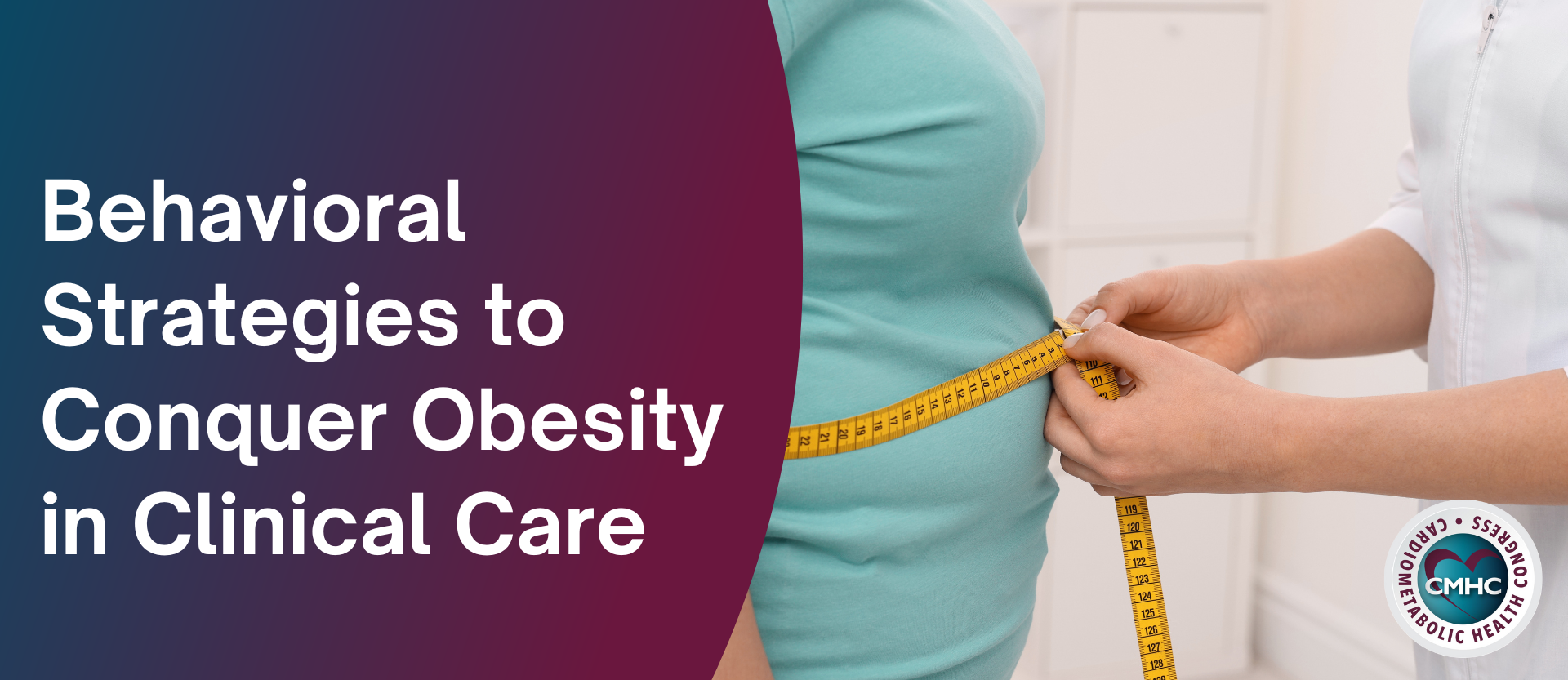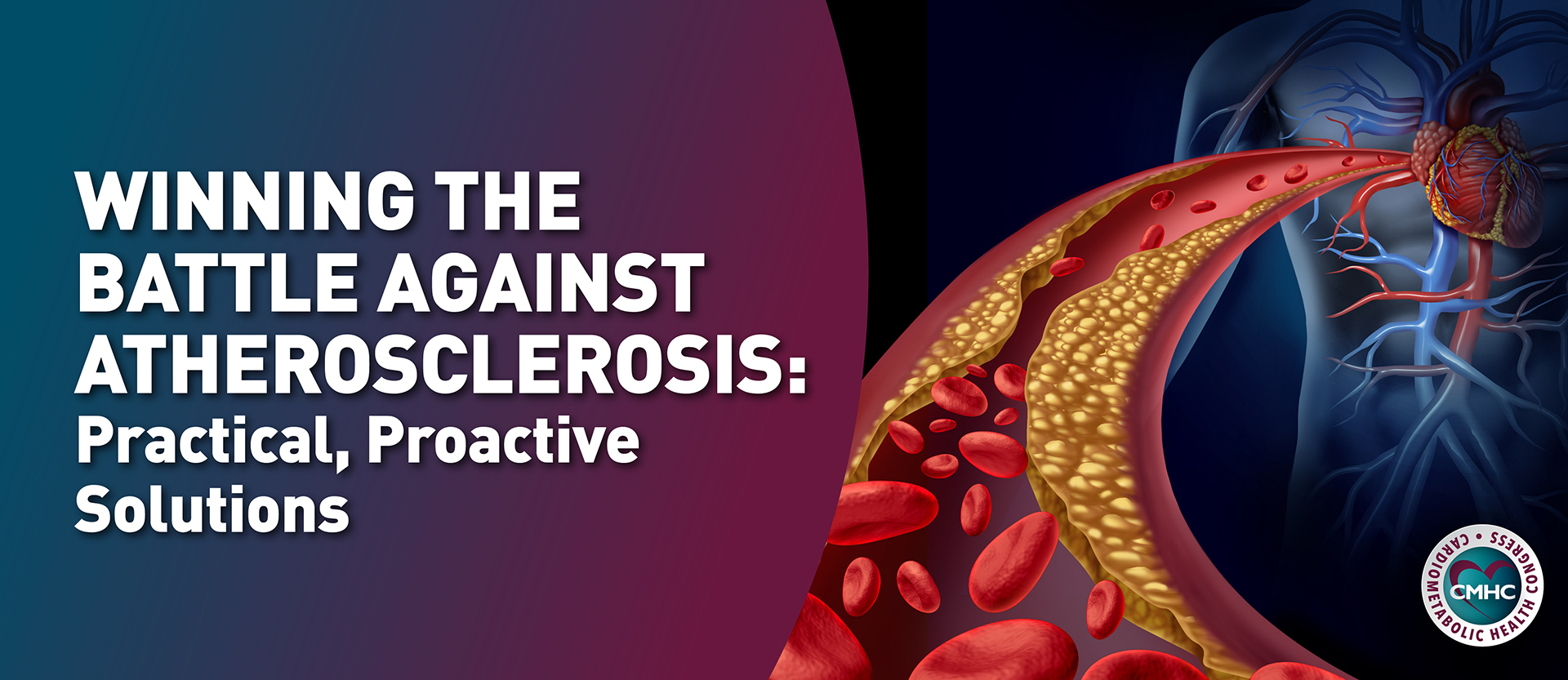Recently updated guidelines from the American Heart Association and the American College of Cardiology have contributed to a growing number of patients being diagnosed with hypertension. Lowering the threshold for hypertension from 140/90 to 130/80 mm Hg resulted in a significant increase of patients — with previously normal or slightly elevated blood pressure (BP) — who now rank in the hypertension stage 1 category. Although the revisions were made with the intention of encouraging early preventative action and lifestyle interventions, they have also prompted a rise in patients who qualify for antihypertensive medications.
In certain cases, blood pressure medication is necessary for hypertension treatment and ensuring adequate cardiometabolic care. A multitude of different antihypertensive drugs are available for patient use, including beta blockers, ACE inhibitors, diuretics, and calcium-channel blockers, which are often used in tandem. Although, these medications are often associated with adverse effects, such as gastrointestinal problems, dizziness, weakness, headache, and many other undesirable symptoms.
However, not all patients require immediate pharmacologic treatment and may prefer to try other methods of controlling blood pressure levels to avoid, delay, or reduce the need for antihypertensive drugs. Patients with medication intolerances and those unwilling to start pharmacologic therapy can consider alternative lifestyle interventions. “It is well documented that lifestyle changes can lower blood pressure as much as pills can, and sometimes even more,” says Dr. Naomi Fisher, director of hypertension service and hypertension innovation at the Brigham and Women’s Hospital Division of Endocrinology, Diabetes, and Hypertension.
Several lifestyle modifications can play a significant role in treating elevated blood pressure, which may either mitigate the need for medication or support individuals currently undergoing antihypertensive therapy. For patients looking to lower their BP without the use of medication, the following lifestyle changes are recommended:
Lifestyle Interventions for Lowering Blood Pressure
Weight Loss
Blood pressure levels often increase in correlation with weight and BMI – which are not just risk factors for hypertension, but for a host of cardiometabolic diseases as well. By far the most efficacious method of lowering elevated BP is weight reduction, according to Dr. Fisher. Weight loss does not need to be extreme to have a positive impact; even a reduction of 10 pounds can significantly lower blood pressure. As reported by the Mayo Clinic, each kilogram (2.2 pounds) of weight lost may reduce blood pressure by about 1 mm Hg.
Regular Exercise
Meeting minimum physical activity recommendations – of 150 minutes per week, or 30 minutes most days of the week – can significantly lower blood pressure. In individuals with hypertension, regular exercise may decrease BP readings by about 5 to 8 mm Hg, while in patients with elevated blood pressure it can help avoid the development of hypertension.
Designing an exercise program with patients that aims to include aerobic exercise – walking, jogging, cycling, or swimming – and strength training twice weekly can help them develop a comprehensive routine to reduce blood pressure. Encouraging consistency is essential as BP levels can rise again once patients stop exercising.
Healthy Diet
A specifically tailored diet plan has been crafted for patients with hypertension – the Dietary Approaches to Stop Hypertension (DASH) diet – which is rich in fruits, vegetables, and whole grains and limited saturated fat and cholesterol. Although designed to lower blood pressure levels, the DASH diet does not need to be strictly adhered to in order to deliver positive results. Patients should be encouraged to incorporate more vegetables, fruits, and whole grains, limit saturated fat and cholesterol, and consider boosting potassium levels to help reduce blood pressure via nutritional pathways.
Eating a healthy diet can lower BP by up to 11 mm Hg, while a reduction in sodium intake can decrease blood pressure by another 5 to 6 mm Hg. According to Dr. Fisher, Americans eat up to three times the recommended amount of sodium – 1,500 milligrams daily or ¾ of a teaspoon – for individuals with high blood pressure. While the effects of a high sodium intake can vary among patients, decreasing sodium consumption can have significant cardiometabolic health benefits. Patients should be advised to avoid eating breads and rolls, cold cuts and cured meats, pizza, poultry, soup, and sandwiches – all of which are common foods with high amounts of sodium.
Alcohol Intake
Drinking excessive amounts of alcohol frequently can drastically increase blood pressure although consuming it in moderation may have health benefits. In general, consuming one drink per day for women or two drinks a day for men can potentially lower BP levels by 4 mm Hg. This limit includes 12 ounces of beer, five ounces of wine, or 1.5 ounces of 80-proof liquor however, the positive impact is negated once too much alcohol is consumed. Drinking excess amounts can further raise blood pressure and reduce the effectiveness of antihypertensive medications.
Stress Levels
Monitoring stress levels is necessary for patients with elevated blood pressure readings as chronic stress has been strongly linked to hypertension. In addition to blood vessel constriction and spikes in BP, stress can also trigger unhealthy lifestyle habits – such as overeating, substance use, and smoking – which further raise the risk of cardiovascular complications. Hypertensive patients should be advised to reduce or eliminate stress to lower blood pressure and reduce the risk of long-term heart health problems.
While not all patients may have the opportunity to attempt lifestyle interventions prior to pharmacologic treatment, the positive health benefits of such changes apply to all individuals. Leading a healthy lifestyle can not only mitigate or delay the need for antihypertensive medication, but it can also reduce the amount of medication prescribed and assist patients currently undergoing pharmacologic therapy in further lowering their blood pressure. Keeping in mind the AHA’s updated guidelines for hypertension classification, clinicians may need to recommend such lifestyle interventions more frequently and at earlier stages to better patient outcomes.


















